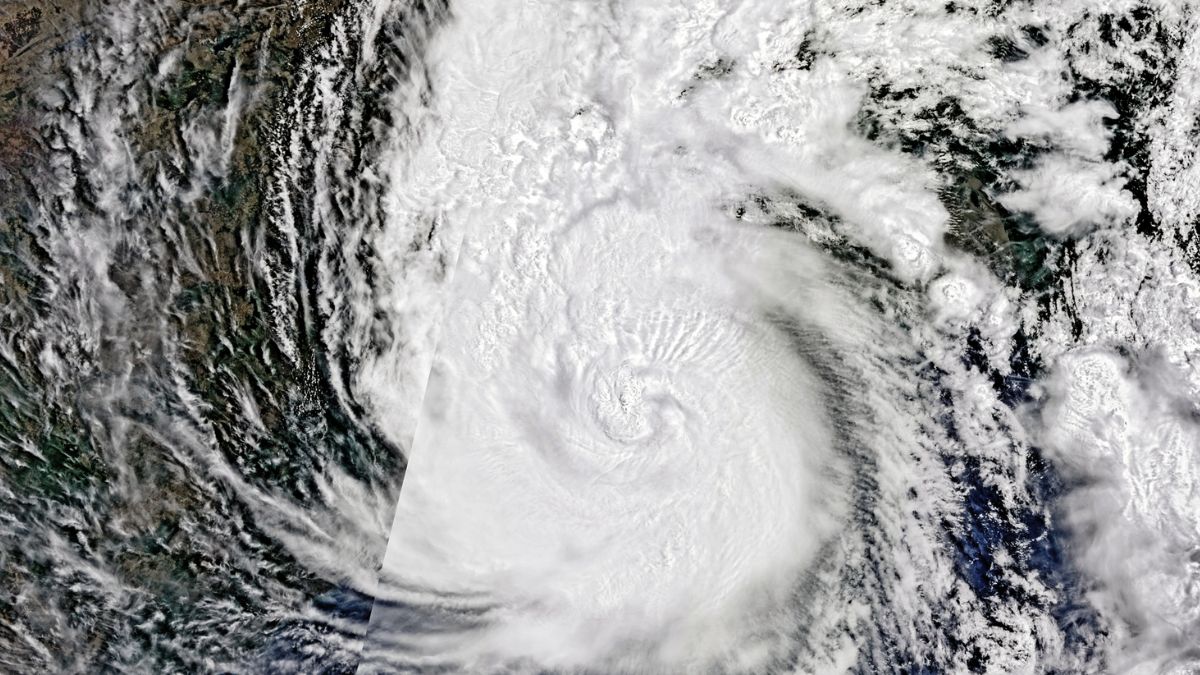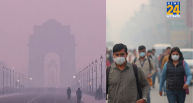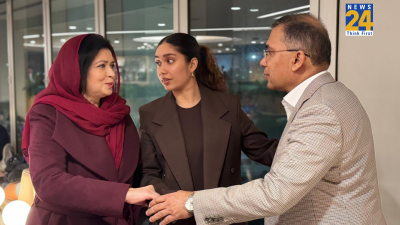The depression over Southwest Bay of Bengal is expected to intensify into cyclonic storm ‘Fengal’ by 29th November. There is a possibility of marginal intensification of the deep depression into a Cyclonic Storm over southwest Bay of Bengal during the evening of 28th November to morning of 29th November 2024, said IMD. Cyclone Fengal is expected to bring heavy rainfall, strong winds, and possible flooding to Tamil Nadu’s coastal regions.
Cyclone Fengal in the Bay of Bengal is expected to intensify in the next 1-2 days. In anticipation of the impact of this cyclone along the coast of Tamil Nadu, the Navy is gearing up to render all necessary support to the vulnerable areas in coordination with State and civil…
---Advertisement---— ANI (@ANI) November 28, 2024
IMD has issued a warning to fishermen not to venture out into the sea in view of the cyclonic condition during the evening of 28th November to morning of 29th November. Yellow alert has been issued for Chennai in Tamil Nadu today.
Deep Depression over Southwest Bay of Bengal moved northwards with a speed of 2 kmph during past 06 hours located near latitude 9.1°N and longitude 82.1°E, about 110 km east-northeast of Trincomalee.
To cross north Tamil Nadu-Puducherry coasts between Karaikal and Mahabalipuram… pic.twitter.com/lk979hciJZ— India Meteorological Department (@Indiametdept) November 28, 2024
Tamil Nadu Braces For Impact
Tamil Nadu is bracing for the impact of Cyclone Fengal and has begun preparations for necessary support. The Indian Navy has activated a comprehensive disaster response plan as Cyclone Fengal intensifies in the Bay of Bengal, posing a threat to the coastal areas of Tamil Nadu.
#WATCH | Tamil Nadu: IMD has issued a warning to fishermen not to venture out into the sea as the Deep Depression over Southwest Bay of Bengal is expected to intensify into a cyclonic storm during the evening of 28th November to morning of 29th November
(Drone visuals from… pic.twitter.com/qWRfjFRQWl
— ANI (@ANI) November 28, 2024
The Indian Navy has accelerated disaster preparedness efforts as Cyclone Fengal is expected to approach the Tamil Nadu coast in 1-2 days. The Eastern Naval Command, in coordination with Headquarters Tamil Nadu and Puducherry Naval Area (HQTN&P), has activated a robust disaster response mechanism to mitigate the cyclone’s potential effects.
Authorities have urged residents in low-lying and coastal areas to remain vigilant and adhere to safety advisories.
Who Names Cyclones?
The cyclones are not named casually or as per wish of anyone, they are based on a well-planned system formulated by the World Meteorological Organization (WMO). WMO lists out rules and regulations for naming cyclones. Regional Specialized Meteorological Centre (RSMC)- Tropical cyclone New Delhi gives the identification name of cyclones for storms originating at both the Arabian Sea and the Bay of Bengal.
Named By Saudi Arabia
The name ‘Fengal’ is derived from Arabic, where it means “indifferent.” Proposed by Saudi Arabia, the name follows the naming conventions established by the World Meteorological Organization (WMO) and the United Nations Economic and Social Commission for Asia and the Pacific (UNESCAP). Naming cyclones is part of a broader initiative to celebrate cultural diversity and linguistic heritage in the region, giving a unique identity to these global natural events.
WMO’s Rule For Naming Cyclones
WMO has a strict procedure to determine a list of tropical cyclone names in an ocean basin(s)
Tropical Cyclone Regional Body responsible for that basin(s) decides the name in meeting. There are five tropical cyclone regional bodies, i.e. ESCAP/WMO Typhoon Committee, WMO/ESCAP Panel on Tropical Cyclones, RA I Tropical Cyclone Committee, RA IV Hurricane Committee, and RA V Tropical Cyclone Committee.
As per WMO, the tropical cyclone or hurricane are given those names which are familiar to the people in each region. The main purpose of naming a tropical cyclone and hurricane is basically for people easily to understand and remember the name in a region.
Group of nations that are part of the World Meteorological Organisation are responsible for naming most of the cyclones.
The group includes countries such as Bangladesh, India, Maldives, Myanmar, Oman, Pakistan, Sri Lanka and Thailand and they started to name cyclones in the region in 2000.
According to the system, all the member nations are requires to send their suggestions to a WMO panel which later finalises the list of Tropical Cyclones with the names.













